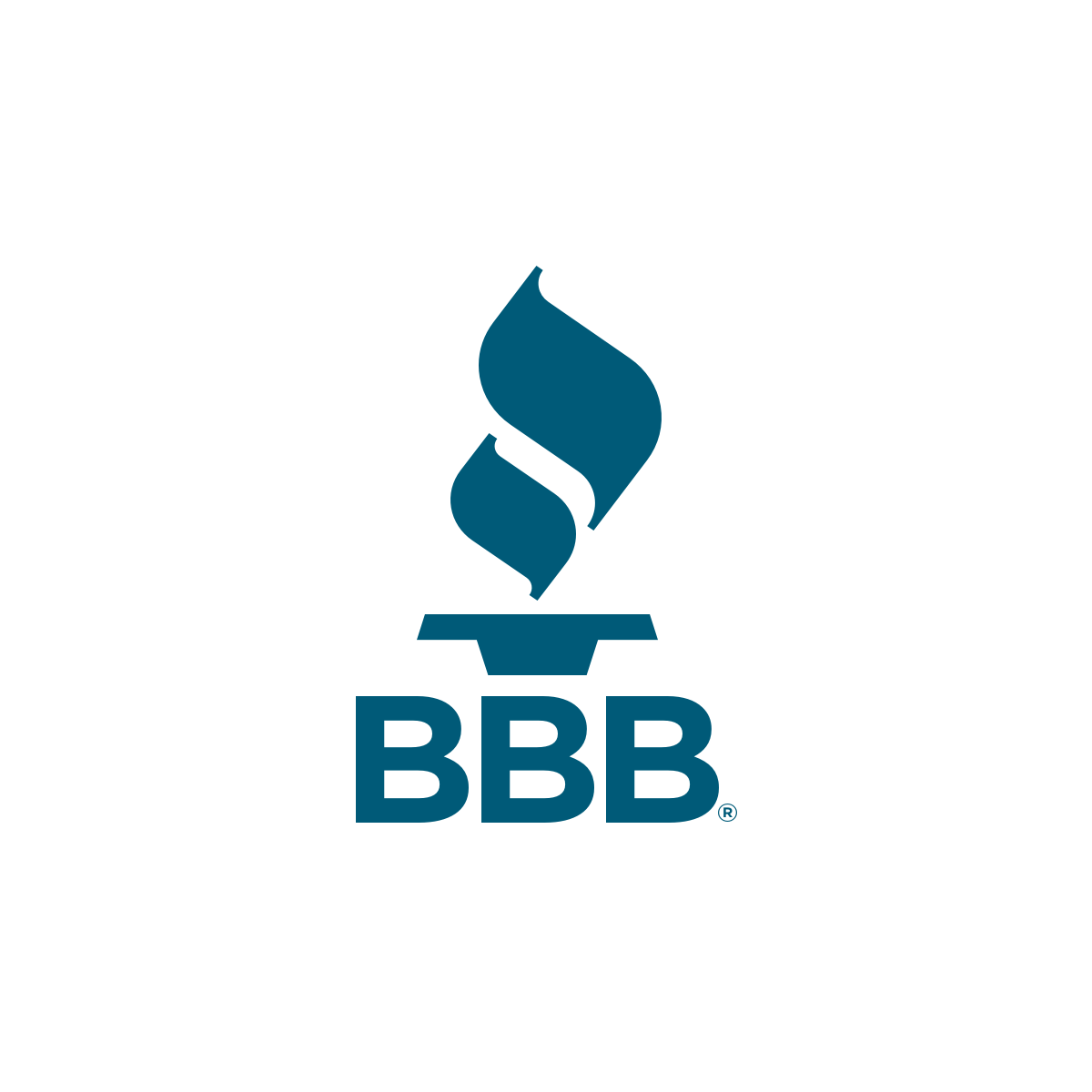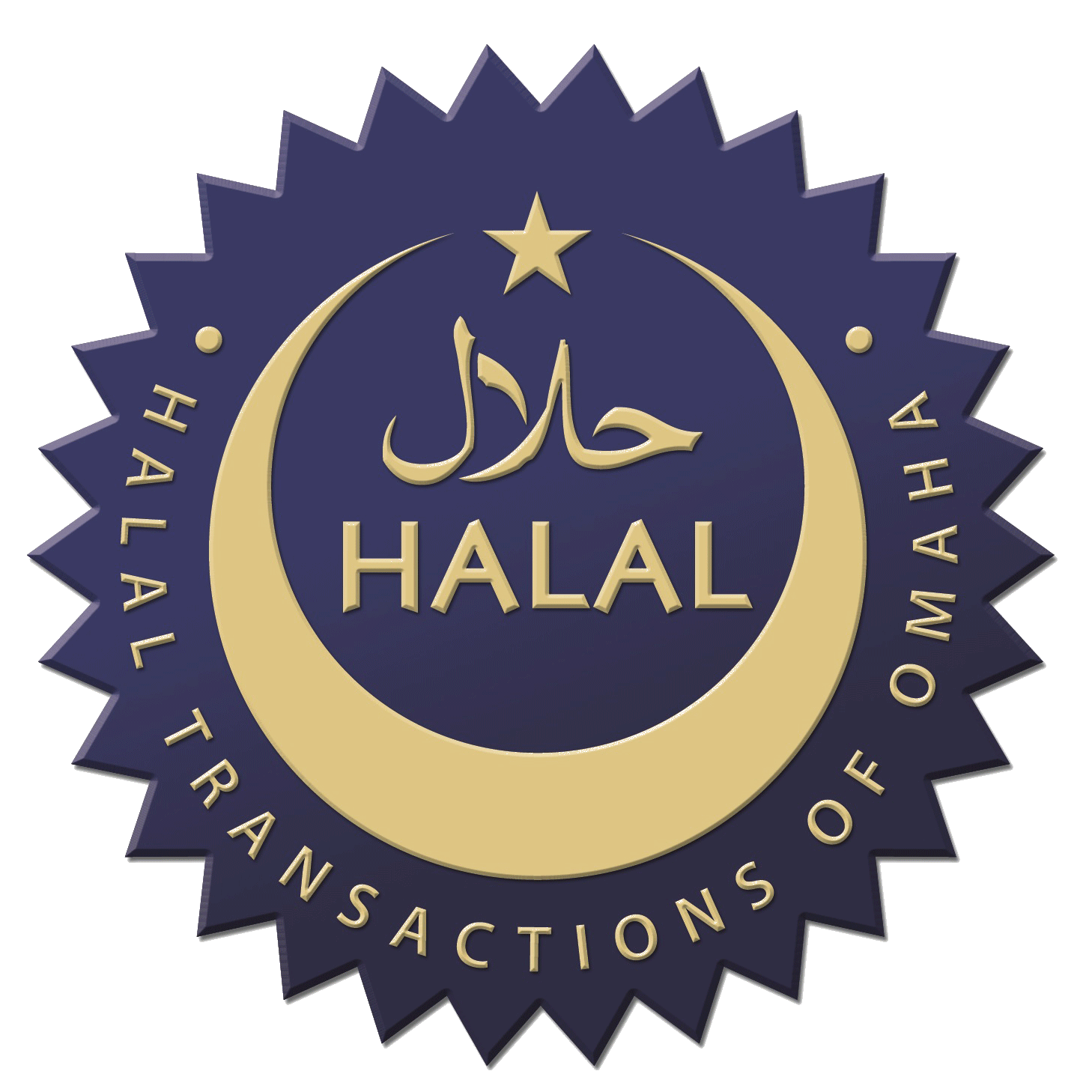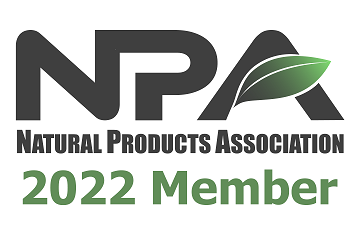While in a Muslim majority country, one of the last things most people are concerned about is whether or not the food they purchase is Halal. It’s almost always an unspoken assumption that any food is Halal unless specifically marked otherwise.
Some countries—like the UAE—have gone so far as to create sections of supermarkets clearly labelled “For Non-Muslims” where things like pig-gelatin marshmallows and bacon bits can be found. For most other countries, however, the line isn’t so clear.
Is it accurate to assume that all food in Muslim majority countries is Halal unless marked otherwise?
Be aware that when it comes to packaged goods, most Western products are still produced in the West. Even goods packaged in Arabic labels are often manufactured in America and then repackaged or relabeled overseas. For example the “beef extract” in McCormick’s gravy mix produced in the U.S., is most likely not sourced from an animal slaughtered in the Islamic tradition.
Recent scares like Cadbury’s pork-chocolate fiasco—although proved untrue on further examination—demonstrate that in today’s world really nothing can be assumed to be free from contamination. Even an item as relatively benign and simple as chocolate could potentially not be Halal.
Some foods obviously pose a larger risk for contamination than others. Meat products should be scrutinized more thoroughly and producers of products containing gelatin should guarantee Halal sourcing and should clearly label goods as Halal.
Many companies, like Haribo, very clearly label their gelatin candies as “Halal” and source their gelatin from pork alternatives like beef and fish. Some smaller brands, like Shari Candies, are not as clear. Shari Candies contain gelatin, are produced in the US, and are available in Carrefour in Amman, Jordan. HTO reached out to Shari Candies inquiring whether or not the gelatin in question is derived from pork but did not receive a response.
Even in a Muslim majority country, one still needs to check labels and do his/her Halal homework when it comes to imported goods.
Even in a Muslim majority country, one still needs to check labels and do his/her Halal homework when it comes to imported goods.





Comments are closed